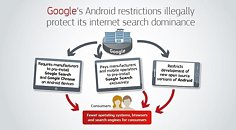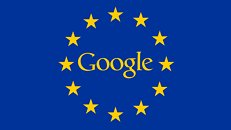
Microsoft & Activision Blizzard Delay Merger Deadline to October
Microsoft and Activision Blizzard have announced the postponement of their agreed merger deadline—from July 18 (yesterday) to mid-October. This will grant them more time to deal with a sticky issue presented by the UK's Competition and Markets Authority blocking of the proposed $75 billion acquisition—on the grounds of potential deleterious effects within the cloud gaming market. Xbox boss, Phil Spencer made a short statement on the matter earlier today: "Microsoft and Activision Blizzard have extended the merger agreement deadline to 10/18. We're optimistic about getting this done, and excited about bringing more games to more players everywhere."
Lulu Cheng Meservey, CCO and EVP Corporate Affairs at Activision Blizzard, stated: "The recent decision in the U.S. and approvals in 40 countries all validate that the deal is good for competition, players, and the future of gaming. Given global regulatory approvals and the companies' confidence that CMA now recognizes there are remedies available to meet their concerns in the UK, the Activision Blizzard and Microsoft boards of directors have authorized the companies not to terminate the deal until after October 18. We're confident in our next steps and that our deal will quickly close."
Lulu Cheng Meservey, CCO and EVP Corporate Affairs at Activision Blizzard, stated: "The recent decision in the U.S. and approvals in 40 countries all validate that the deal is good for competition, players, and the future of gaming. Given global regulatory approvals and the companies' confidence that CMA now recognizes there are remedies available to meet their concerns in the UK, the Activision Blizzard and Microsoft boards of directors have authorized the companies not to terminate the deal until after October 18. We're confident in our next steps and that our deal will quickly close."






















































